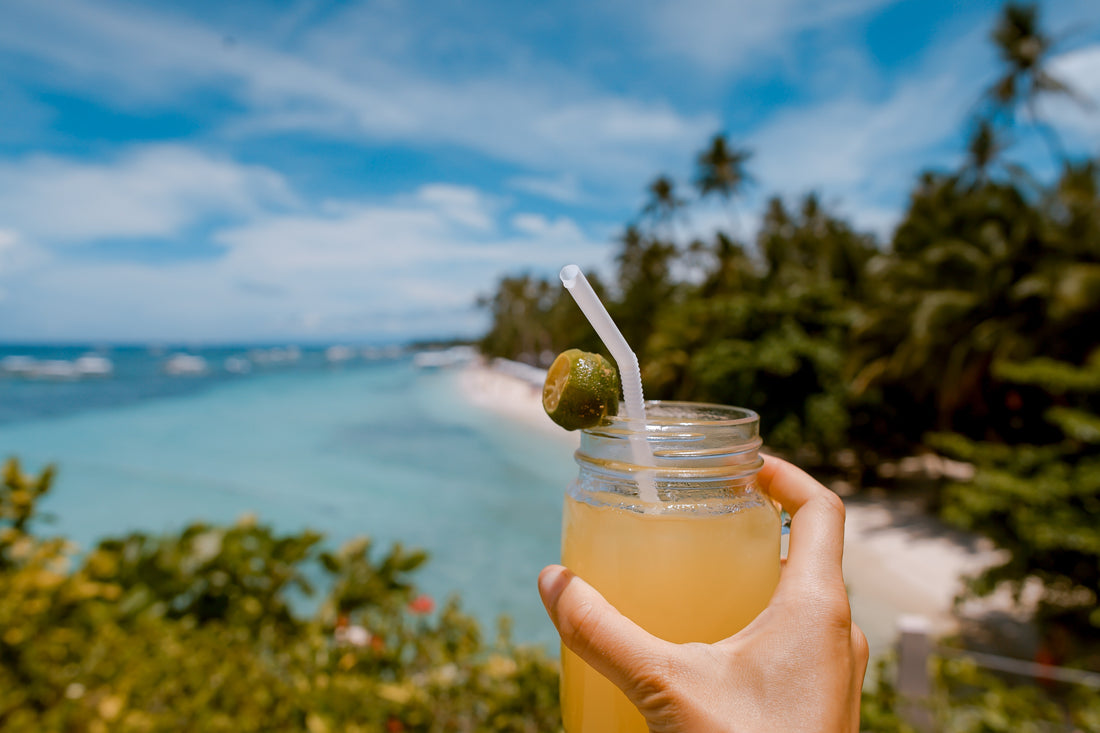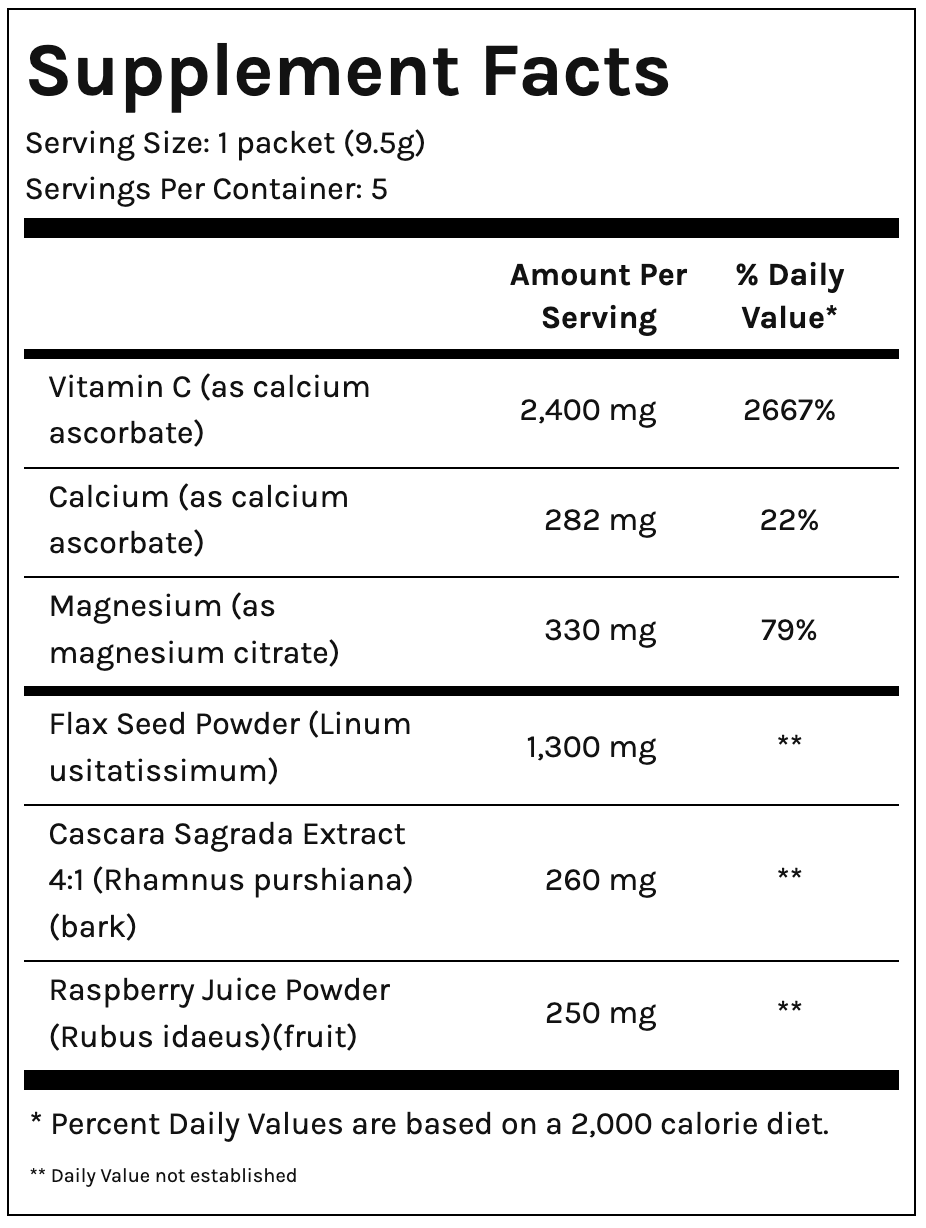There’s nothing more frustrating than having your dream vacation ruined by an upset stomach. You plan your trip for months ahead with the intent to explore all the sights and try the local cuisine, only for your stomach to have other ideas. Yet it always seems to happen.
You feel full even if your last meal was hours ago and there are still restaurants on your list. Perhaps you feel bloated, nauseous, or constipated – and you can’t tell if it’s something you ate or something else. This is never a problem at home. So what gives?
Most bowel problems people encounter during travel are an upset stomach, bloating, and constipation. Diarrhea is also an issue, although traveler’s diarrhea is related to infections rather than traveling.
What Causes Travel Bowel Problems?
There are various reasons we struggle with bowel problems when we’re traveling. The top two reasons are a change in routine and dehydration.
When we’re at home, there’s a fixed schedule of what we do, when we eat, how much we eat, and when we sleep. When we travel, a lot of this changes especially if we’re going somewhere with a different time zone. We tend to stay up longer or wake up earlier as well. We’re demanding our bodies to follow a new routine. Hence, our gastrointestinal tract has to readjust.
Travel also often leads to dehydration. We may forget to drink enough water because it’s too cold or we’re sweating too much because it’s too hot. Some of us consume less liquids on purpose so we don’t have to go to the bathroom that often especially on the plane.
Another reason is people often eat differently when they travel. Travelers are often trying new foods, eating larger portions than usual, or consuming more carbohydrates or fat. This catches our gut off-guard, leading to constipation and other forms of stomach problems.
Traveler’s diarrhea is also an issue for 40 to 60 percent of travelers due to food or waterborne bacteria, forcing them to slow down for a few days of their trip or after.
How Do You Resolve Travel Bowel Problems?
Thankfully, you aren’t doomed to suffer from stomach problems every single time you travel. There are several steps you can take to relieve the most common gastrointestinal symptoms or prevent an upset stomach.
First, if you already have a regimen to alleviate or prevent constipation and bloating at home, do it when you travel too. Make sure to bring some of your dietary supplements of choice when you’re on the go.
If you don’t usually experience gastrointestinal issues at home but they occur when you travel, it is recommended that you take a proactive approach. It is highly encouraged to drink more water and consume more fiber-rich foods such as fruits and vegetables. Any easy snack you can eat on the go that has good fiber content is a must.
If your main struggle is bloating, try to control your portions and keep the serving sizes closer to how much you eat back home. If issues persist, you can try herbal options such as peppermint, ginger, or fennel to help ease bloating.
Exercise can also help keep your gastrointestinal tract moving, especially if you’re already active at home. Your colon needs to exercise as much as your other internal organs do. It’s a struggle to keep up with your usual routine between a packed itinerary and long travel.
Thankfully, you don’t need an intense workout to reap the benefits of exercise. Just getting your steps in would be enough to keep your colon moving and prevent constipation. Walking as much as possible would help you take in more of the scenery and aid digestion, a win-win!
For those who are prone to catching traveler’s diarrhea, or if you’re headed to a destination where this is a common occurrence, you would benefit from taking a probiotic before and during your trip and sticking to drinking bottled water instead of tap.
High-risk destinations for traveler’s diarrhea include:
- Central America
- South America
- Mexico
- Africa; and
- South Asia and Southeast Asia.
Certain groups of people are also at higher risk for traveler’s diarrhea. These include:
- Young adults who are more adventurous or less careful about avoiding contaminated foods
- People with weak immune systems
- People with preexisting conditions, typically lifestyle-related diseases
-
People who travel during peak seasons for certain conditions, including traveler’s diarrhea
Other things you can do to prevent traveler’s diarrhea include making sure your utensils are clean and dry before you use them. One quick fix is to put them in hot water first to kill off any bacteria. You should also wash and sanitize your hands before eating, or after touching any dirty surface if you tend to touch your mouth. You can also actively seek out food options prepared in more sanitary conditions.
How Can Travel-Eeze Help Travel Bowel Problems?
Does your stomach still feel off after following all of the above? Relief doesn’t have to be complicated. Make sure you bring a gentle over-the-counter fiber supplement or laxative in hand so you can have quick and convenient constipation relief.
It’s better to take a supplement as soon as you start feeling any symptoms instead of waiting until it’s unbearable. Some can even be taken at the start of your day to proactively prevent any gut issues.
Travel-eeze provides quick and natural constipation relief through a combination of vitamins and minerals to ensure regular and healthy bowel movement. With all-natural ingredients and travel-sized individual packets, relief from travel bowel problems is just within your reach.
You deserve to enjoy your well-earned vacation to the fullest. Don’t let an upset stomach get in the way of you enjoying the delicious local food. Show your gut a little TLC and you’re well on your way to enjoying that perfect holiday!





